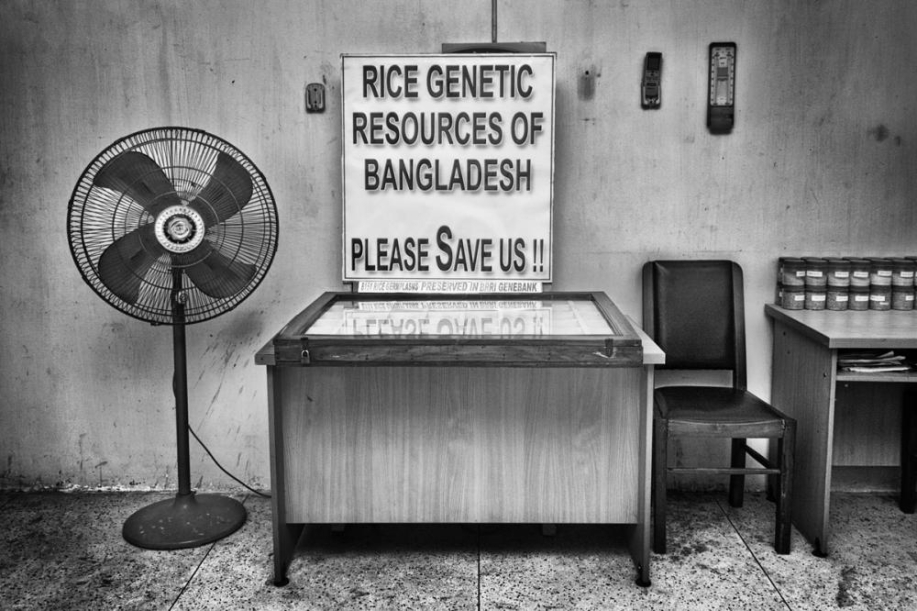
SEEDS OF HOPE/ DESTRUCTION
Photographer: Mohammad Naser
Exhibit Title: SEEDS OF HOPE/ DESTRUCTION
Location: Bangladesh
Bio-engineered seeds such as genetically modified (GM) crops and hybrid seeds promise a lot. But do they come without a price? Asking this question, as a Bangladeshi, bears utmost importance since the country is on the verge of introducing BT brinjal, a GM variety of eggplant, as we speak.
This photo-story, however, portrays the ordeal of the farmers of Bangladesh as they produce rice. The story depicts their work throughout the whole process of rice production; from preparing land to collecting the harvest. The purpose is to show the relationship between the bio-engineered seeds and the people directly affected by it.
Hybrid rice seed was introduced in Bangladesh in late 90’s. Since then, it has incurred a lot of debates. Hybrid seed is exalted for its higher yield than the local varieties, but not without the expense of environmental, economical and political impacts. Hybrid seeds are non-reproducible in a sense that seeds from previous harvest produce very poor yield, precluding farmer to save seed from previous harvest. Hence, the farmers are forced to abandon their years old seed breeding tradition and purchase commercial seed each time they cultivate. Small farmers struggling with extremely low market prices for their products cannot possibly afford to purchase expensive hybrid seeds year after year. Finally they succumb to the industry controlled by a handful of agrochemical companies. This shift of ownership proved to be devastating when the seed selling companies refused to pay any compensation for the crop failure caused by the seeds imported (or produced) by them. The situation has gotten worse when the government eliminated several crucial restrictions on importing. Without proper testing those seeds got into the field and plant disease caused crop failure, which in turn ruined farmers.
Moreover, hybrid seed has environmental impacts such as destruction of local varieties and threatening biodiversity, water pollution and soil degradation. By spreading the use of monocultures, hybrid seeds eliminated the use of thousands of varieties of rice. There were more than15, 000 rice varieties at the beginning of twentieth century, whereas only a few thousands are available now in the Bangladesh Rice Research Institute (BRRI). Hybrid seed usually requires a significant amount of fertilizers, pesticides and water. Heavy dependence on fertilizer and other agricultural chemicals caused widely documented environmental damages. Additionally, the increased dependence on irrigation has depleted aquifers. And all these effects, in turn, victimize the farmers, as they have to face all the adversities posed by these seeds.
The effect of GM seeds can be expected only to be worse. Thousands of farmers committed suicide due to debt and crop failure after GM crops was introduced in India. In US, big company sued more than hundred farmers if traces of its patented biotech genes were found in crops. Acknowledging its adverse effects on the environment, a moratorium was imposed on BT brinjal commercialization in India and a ban on its field trials in the Philippines. It is the high time for Bangladesh to take action and make concerned decision regarding this highly controversial seed.
In my story, I have tried to portray the hardships of the poor farmers who are absolutely defenseless against authorities’ cyclopean vision and the insatiable greed of agrochemical companies. This work aims to provide the government, NGOs, companies, researchers, activists, consumers and farmers a common platform for discussion through which sufferings of the farmers may be alleviated.
Email: manaser.eee@gmail.com
Make Comment/View Comments